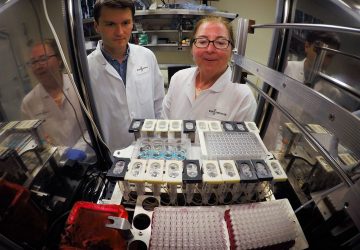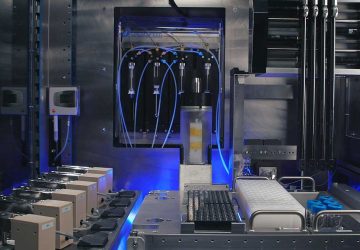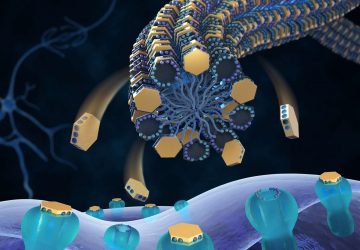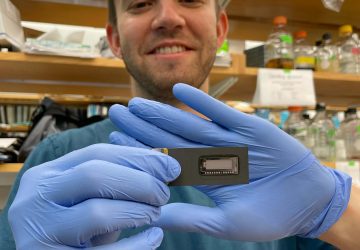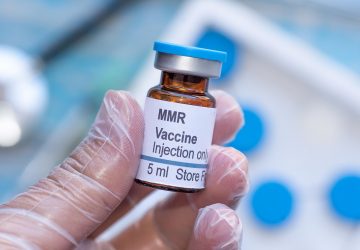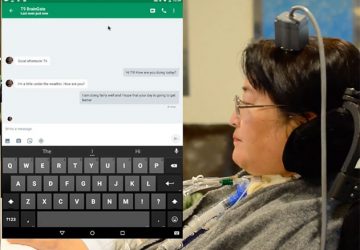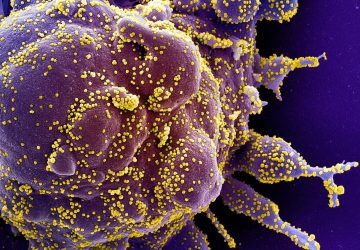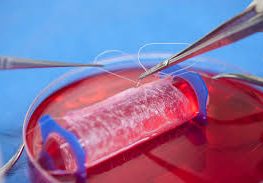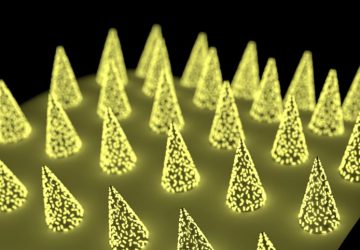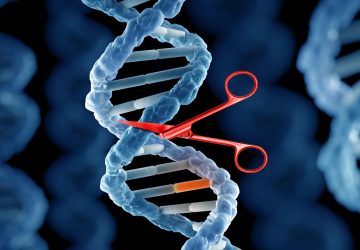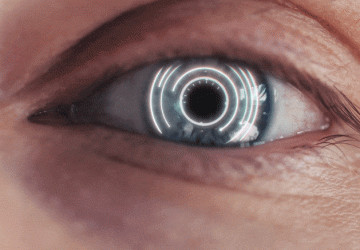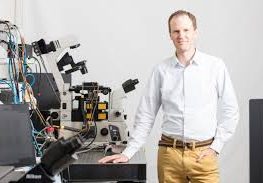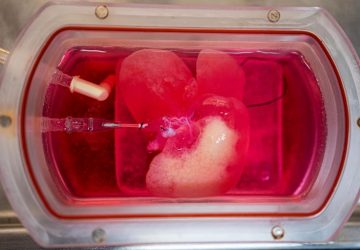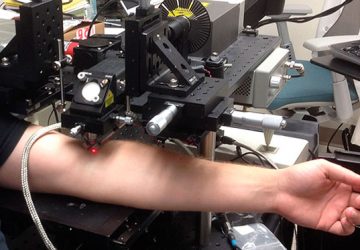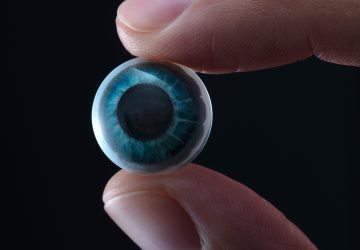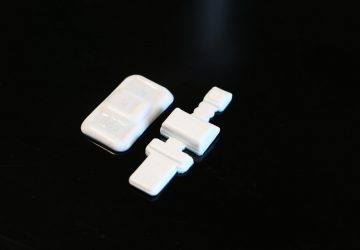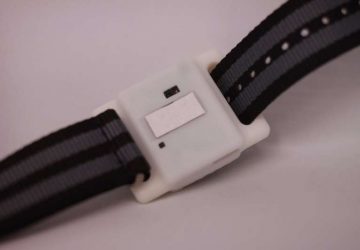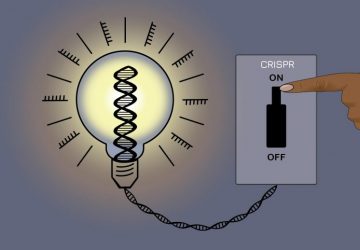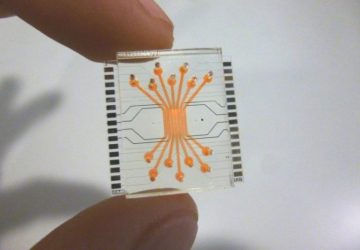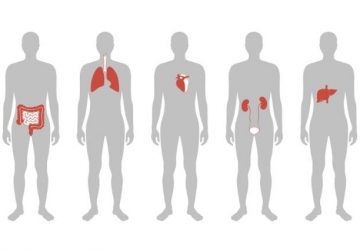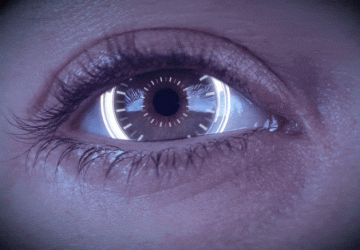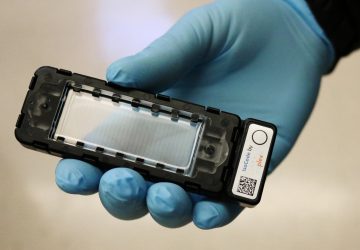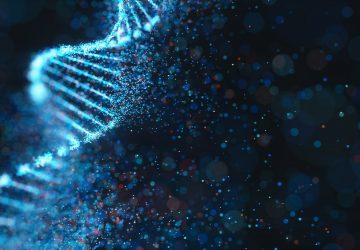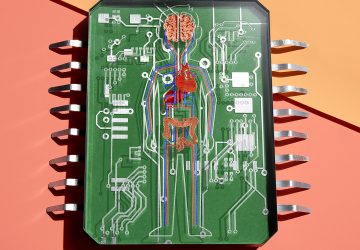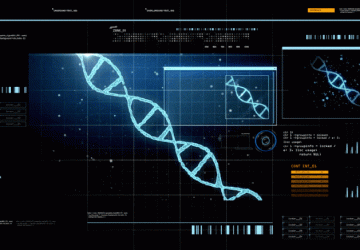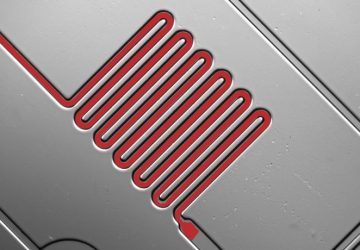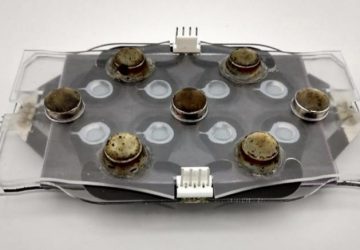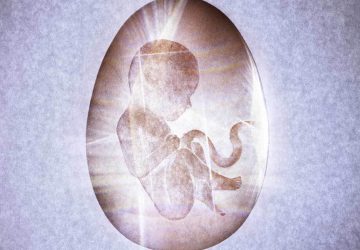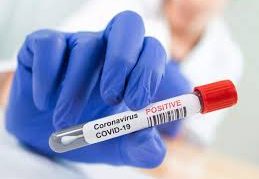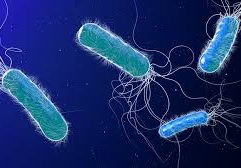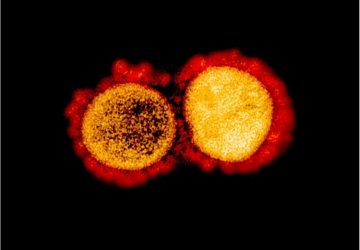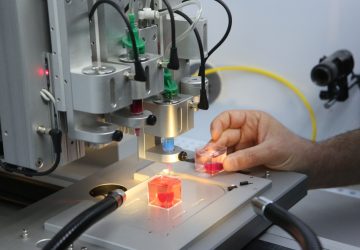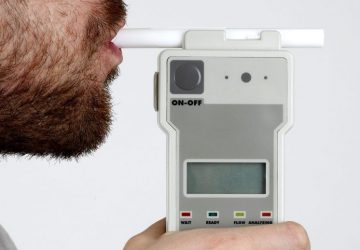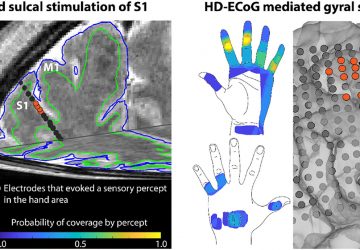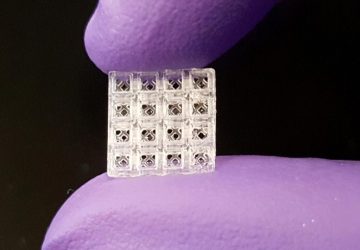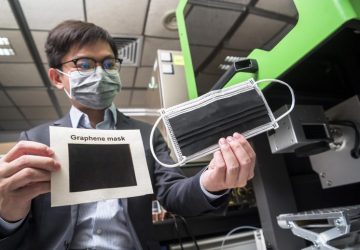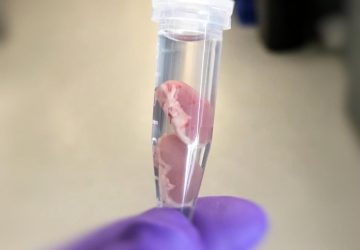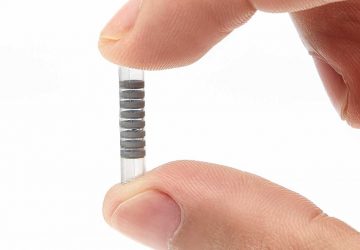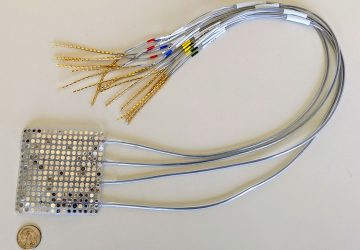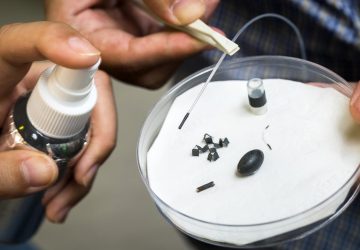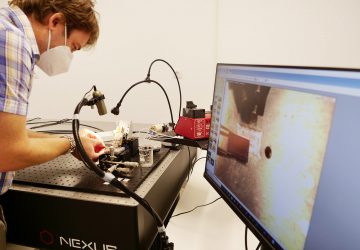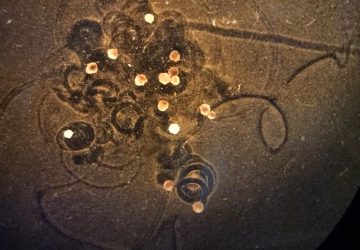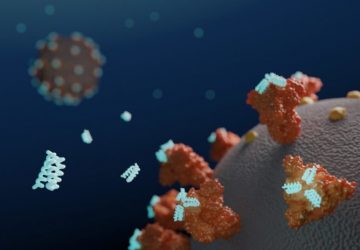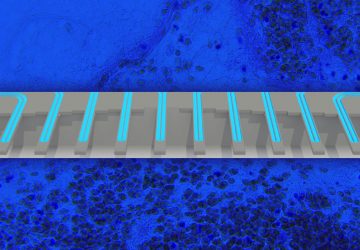Erkki Ruoslahti was on track to launch a drug trial in people with cancer this year, but his plan may now be in jeopardy. A high-profile project designed to gauge the reproducibility of findings from dozens of influential papers on cancer biology publishes results for its first five papers this week, including one by Ruoslahti. And scientists who tried to replicate his findings say that they can’t get his drug to work. For the other four papers, the replication results are less clear.
Ruoslahti, a cancer biologist at the Sanford Burnham Prebys Medical Discovery Institute in La Jolla, California, disputes the verdict on his research. After all, at least ten laboratories in the United States, Europe, China, South Korea and Japan have validated the 2010 paper in which he first reported the value of the drug, a peptide designed to penetrate tumours and enhance the cancer-killing power of other chemotherapy agents. “Have three generations of postdocs in my lab fooled themselves, and all these other people done the same? I have a hard time believing that,” he says.
A single failure to replicate results does not prove that initial findings were wrong — and shouldn’t put a stain on individual papers, says Tim Errington, the manager of the reproducibility project, who works at the Center for Open Science in Charlottesville, Virginia. Investigators should take results as information, not condemnation, says Errington. “If we just see someone else’s evidence as making it hard for the person who did the original research, there is something wrong with our culture.”
But Ruoslahti worries that the failure to reproduce his results will weaken his ability to raise money for DrugCendR, a company in La Jolla that he founded to develop his therapy. “I’m sure it will,” he says. “I just don’t know how badly.”
Source : www.nature.com

